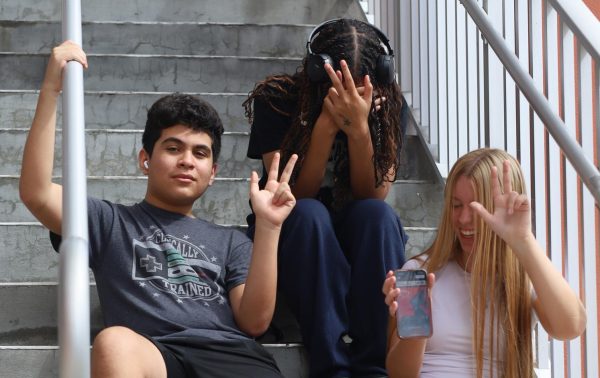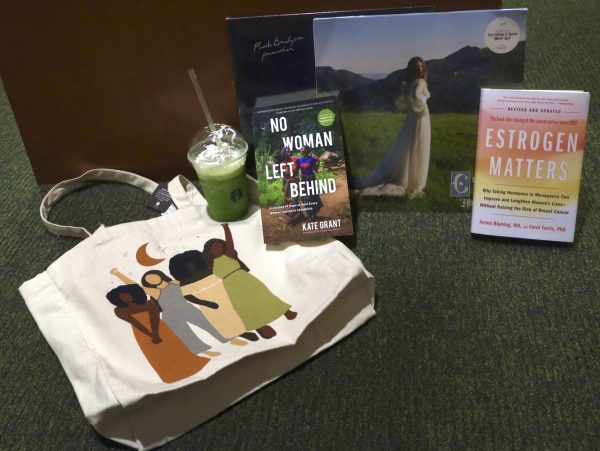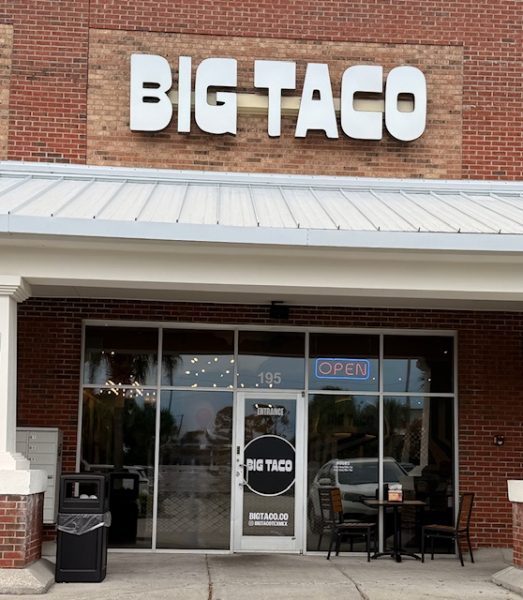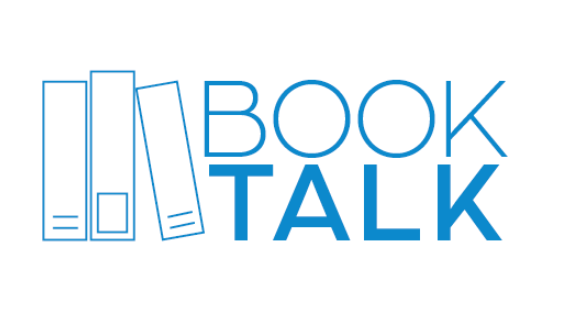Fired Up!
Celebrate the COVID-19 vaccine news, but acknowledge the ongoing healthcare crisis in America.
photo by Bethany Barker
Before COVID-19, there was smallpox, polio, and hepatitis B, all of which were fatal on a global scale. People suffered from inflamed rashes, limb paralysis and yellowed eyes from liver failure. But thanks to medical researchers such as Jonas Salk, vaccines to prevent the spread of such viruses were introduced, revolutionizing the medical world.
This is the future thousands hope to see in the work of Pfizer and Moderna, pharmaceutical and biotechnology corporations. Both announced the development of a working COVID-19 vaccine in the past week; Pfizer announced on Nov. 18 their vaccine was 95% effective, while The New York Times reported on Nov. 16 that Moderna’s vaccine was 94.5% effective. Currently, Pfizer has ended trials, but Moderna is still in phase 3.
Make no mistake, this is positive news. There is hope for nurses reusing N-95 masks and expecting mothers nervous to give birth in such a vulnerable environment. The scientists and doctors working on this vaccine deserve immense applause and gratitude; cases are on the rise in the United States, and we need this now more than ever.
With that being said, we are not off the hook. The COVID-19 vaccine is not the solution to the problems with our healthcare system as a whole. Mass unemployment and extreme medical bills are gaping problems that have been highlighted by the pandemic, forcing people to familiarize themselves with the harsh downsides of medicine.
Currently, medical services and treatments are mainly paid for by insurance companies through benefits provided by an employer. This results in a dependency on jobs for coverage.
Families USA conducted a study in 2020, reporting that 5.4 million Americans became uninsured through unemployment because of the coronavirus. Jobs are not stable, and there are not many alternatives to fall back on. The current process offers zero protection for those unemployed; considering millions are out of work right now, this is a giant step back for our country.
Without insurance, many of those will be left to find a way to pay hundreds of thousands of dollars on their own to afford treatment or forgo it completely. This proves to be deadly; without adequate healthcare treatment, our citizens die. The Annals of Internal Medicine Journal in 2017 found that thousands die each year due to no health coverage.
And while vaccines have been made accessible to many, revolutionary medicine in general has not. Aside from the high prices, marginalized communities are confronted with lesser care. Racial and economic disparities do play a factor in healthcare; studies have shown that especially black and Native American communities are hurt.
The Agency for Healthcare Research and Quality in 2010 reported that compared to Caucasian patients, Blacks and Native Americans were treated with a lower quality of care 40% of the time. They also added that higher income people were treated with a higher quality of care 80% of the time.
Vaccines are only one part of an entire system to keep citizens healthy. The progress made by Moderna and Pfizer is welcomed, but it is not an excuse to turn a blind eye toward other problems made abundantly obvious. The vaccine will bring relief, but we have to make sure that our celebration of vaccine news does not eclipse the matter at hand: the healthcare system is problematic and needs reform.
Your donation will support the student journalists of Hagerty High School. We are an ad-free publication, and your contribution helps us publish six issues of the BluePrint and cover our annual website hosting costs. Thank you so much!







